the birth trust
2016 annual report
2016 Birth Trust Grants
The Foundation for the Advancement of Midwifery (FAM) makes grants in four priority areas to improve access to midwifery healthcare; public education, birth equity public policy, and research.
Birth Trust Grants Total $50,000
Public Education Projects $6,000
- Midwives Alliance of North America (MANA) $6,000 Project: Increasing Research Informed Policy and Practice through Social Media and Education.
Birth Equity Projects $10,500
- Changing Women Initiative $4,000 Project: Weaving Many Voices for Cultural and Community Wellness.
- Midwives Alliance of North America, Division of Access and Equity $4,000 Project: Launching the MANA Division of Access and Equity.
- Home Birth Summit Consumer Task Force $2,500 Project: Giving Voice to Mothers
Public Policy Projects $13,500
- Midwifery Education Accreditation Council (MEAC) $8,000 Project: Expanding Access to Midwifery School Accreditation through Peer-to-Peer Institutional Mentoring.
- Home Birth Summit Research and Data Task Force $2,500 Project: Mapping Access to High Quality Birth Care across Birth Settings.
- The Big Push for Midwives Campaign $3,000 Project: Progressing the Push Nation.
Research $20,000
- Midwives Alliance of North America, Division of Research $15,000 Project: Support of Operations of MANA Statistics Project (MANA Stats).
- Matching Grant: Midwives Alliance of North America $5,000 Project: Maternity Care Data Alliance
Birth Trust Grantees 2015
- Ancient Song Doula Services.
- Homebirth Summit Research and Data Task Force.
- Midwives Alliance of North America, Division of Research.
- Uzazi Village, Uzazi Academie.
- Homebirth Summit Consumer Engagement & Research and Data Task Forces.
- National Association of Certified Professional Midwives.
- Midwives Alliance of North America MANA Stats.
Low risk women who plan home births have fewer interventions without an increase in risk to mothers or babies.
Letter from the Executive Director
Tamara Wrenn, MA, CCCE
I recently attended a conference on maternal health in Brooklyn, NY. During a break I ventured outside and I had a casual conversation with a curious passerby. Our conversation went like this. He asked me, “What’s going on?” after seeing groups of people streaming from the conference. I paused and tried to think of a way to frame my answer. “We’re talking about the fact that too many mothers and babies of color are dying as a result of unequal healthcare and access to care, and experiencing discrimination within the healthcare system.” He rolled his eyes and replied sarcastically, “What do you expect, that’s nothing new” and began to talk about the state of the country and the challenges he faces as a Black man. I listened. And, I wondered. When will it be our time, as women, to be heard? When will everyone pay attention to the plight of mothers and babies in this country?
The New York Times released an article on September 21st about maternal mortality. The author wrote, “There were 28 maternal deaths…per 100,000 births in the United States in 2013, up from 23 in 2005, the institute found. The rate in 2013, the most recent year for which the institute had detailed data for the United States, was more than triple Canada’s. The institute is projecting that the American rate dipped in the last two years to 25 by 2015.”
Last year, when I accepted the position of executive director, I spoke at the 2015 MANA conference about my personal desire to reframe the conversation about the midwifery model of healthcare and access to midwifery care.
As a health advocate and a maternal and child health consultant I travel around the country and engage people in trainings and conversations about improving birth outcomes and reducing infant mortality among our most vulnerable populations. We discuss best practices, evidence-based strategies, policy, and more. However, even in the midst of passionate dialogues one thing is missing, the consistently present voice that speaks for midwifery care as a viable public health solution to improving birth.
Here are 3 areas where I believe the midwifery model of healthcare can serve as a public health solution to make an impact on
improving maternal and infant health outcomes.
Maternal, Infant, and Child Health: Healthy People 2020
Midwives need a consistent seat at the table that engages the voice of every qualified midwife without bias based on the educational pathway. Healthy People 2020 provides a comprehensive set of 10-year, national goals and objectives for improving the health of all Americans. It defines health equity as the attainment of the highest level of health for all people. Within this statement resides the concept of birth equity, the achievement of health equity in birth outcomes. How can we address true birth equity when all the players are not consistently at the table? Every local, state, regional, and federal coalition, collaborative and partnership, addressing maternal health, policies, and health outcomes, should have a standing policy to include independent and hospital based midwives.
Place Based Initiatives
Midwives in independent and hospital based midwifery practices have the capacity to develop place-based initiatives. Place based initiatives are designed to improve outcomes and reduce disparities in high-risk communities by reducing the negative impact of the social determinants of health. They create a community environment that promotes and protects health while also addressing individual needs and choices. A midwife for every community is a placed based initiative. This means also supporting grassroots efforts to educate marginalized and vulnerable communities about the midwifery model of healthcare and its value.
Reduce Vulnerability and Increase Resiliency
Midwives and the practice of midwifery can reduce vulnerability and increase resiliency of disadvantaged people by creating opportunities for more women of color, people from underrepresented communities, and so called minorities, to become midwives recognized in all 50 states creating career paths that lead to economic self-sufficiency.
The Power of the Birth Trust
The Foundation for the Advancement of Midwifery (FAM) is a powerhouse organization. A tremendous amount of
thought goes into allocating our funds as we strive to be good stewards of your donations.
The Birth Trust is positioned to implement and accelerate maternal health projects that are critical to the advancement of midwifery. Too many of these projects might otherwise go unacknowledged or unfunded by larger more dominant grant makers. We at FAM, along with our colleagues, are exploring strategies to change this.
FAM’s future endeavors include:
- Strengthening partnerships and supporting collaborations that invest in midwifery.
- Engaging the student midwifery community and creating intergenerational collaborations that bring together older and younger midwives so that they can interact and engage in addressing the issues that impact maternal health.
- Expanding programmatic capacity.
- Increasing the impact of our grantees programs through enhanced technical support
FAM thanks you for being a Birth Trustee and standing with us in support of midwifery.
Donate to the Birth Trust
We welcome ideas, feedback and financial donations of every size. When you share your vision for change, by donating a minimum of $20 per month, you join the Birth Trust and become part of FAM’s collective voting process. Use your dollars to vote for change in maternal health. Visit FAM online today.
Donate Now
The Birth Trust Reborn
Birth Trustees are donors who give the equivalent of $20 or more per month to FAM. The Birth Trust voting process was implemented by FAM in 2010. Using this collective process, the board presents to the Birth Trustees a prescreened docket of projects, and the Birth Trustees participate in the process of selecting projects that receive funding. This new concept of voting on proposals was very engaging initially and met with much excitement. However, over the years we have received feedback from our Trustees that the process is too complicated and laborious. So, the FAM board has decided to simplify the process and beginning with our grant cycle in 2017, Birth Trustees will:
- Select their top 3 proposals.
- Have the opportunity to make specific comments on any of the proposals.
The FAM board will continue to make the final grantee selections, taking into consideration the comments and top three selections made by the Birth Trustees.
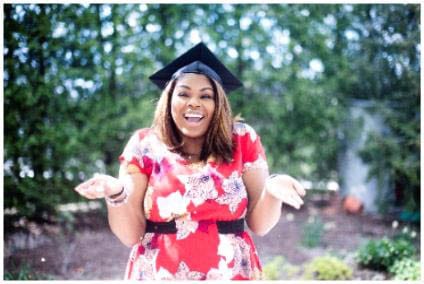
New FAM Ambassadors Program
Calling all midwifery students. Join FAM as we prepare to launch our inaugural FAM Ambassadors Program. A FAM Ambassador is a midwifery student that advocates for the Foundation’s four priority areas; public education, birth equity, public policy, and research. The Ambassador’s role is crucial to the success of FAM and a step toward intergenerational collaborations in advocating for the midwifery model of healthcare. Ambassadors will have the opportunity to work with the FAM executive director and board on special activities, increase awareness of FAM within their midwifery programs and communities, and tell their midwifery stories. To become a FAM Ambassador contact FAM at info@formidwifery.org. Visit FAM online to learn more about the Ambassador Program and its January 2017 role out.
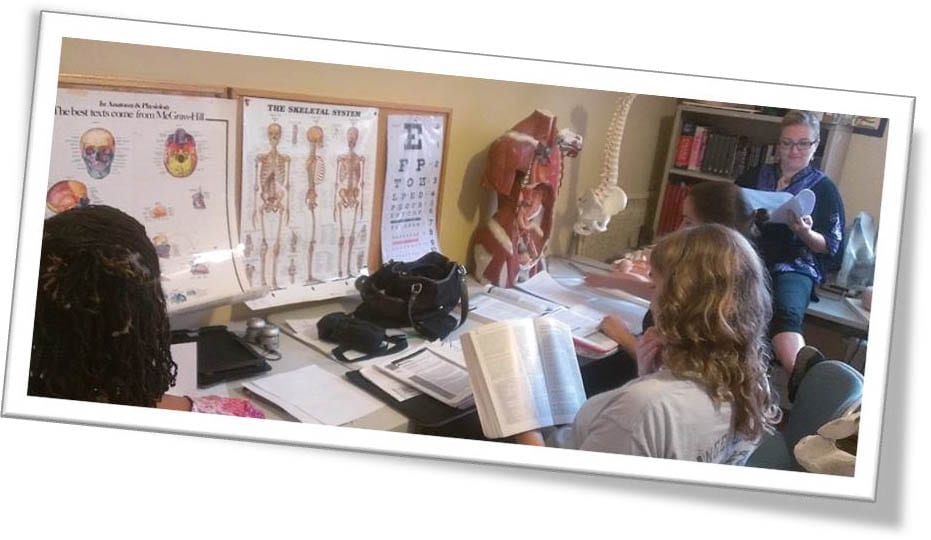
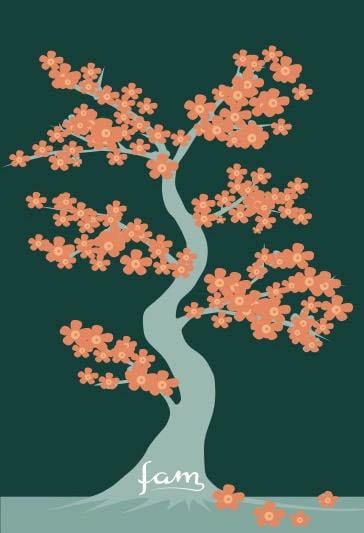
Birth Trust Grantees Present and past
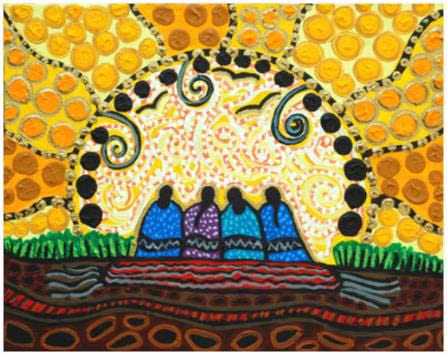
Changing Woman Initiative
Native American-centered Women’s Health Collective. CWI seeks to renew cultural birth knowledge to empower and reclaim indigenous sovereignty of women’s medicine through women’s stories and life ways. Visit online at Changingwomaninitiative.com.
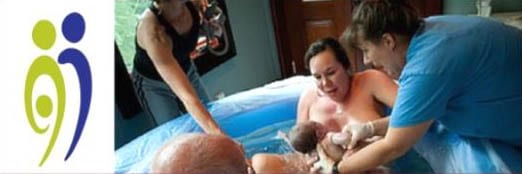
MANA stats data plays key role in new research
MANA Division of Research
The MANA Division of Research (DOR) has been FAM’s longest standing grantee. This year MANA STATs makes the historical announcement that they have recorded over 100,000 courses of care since the beginning of data collection. Their unique and impressive data collection has given the Research arm of the DOR the means to publish many impactful articles on out-of-hospital birth. Visit online at MANA.org.
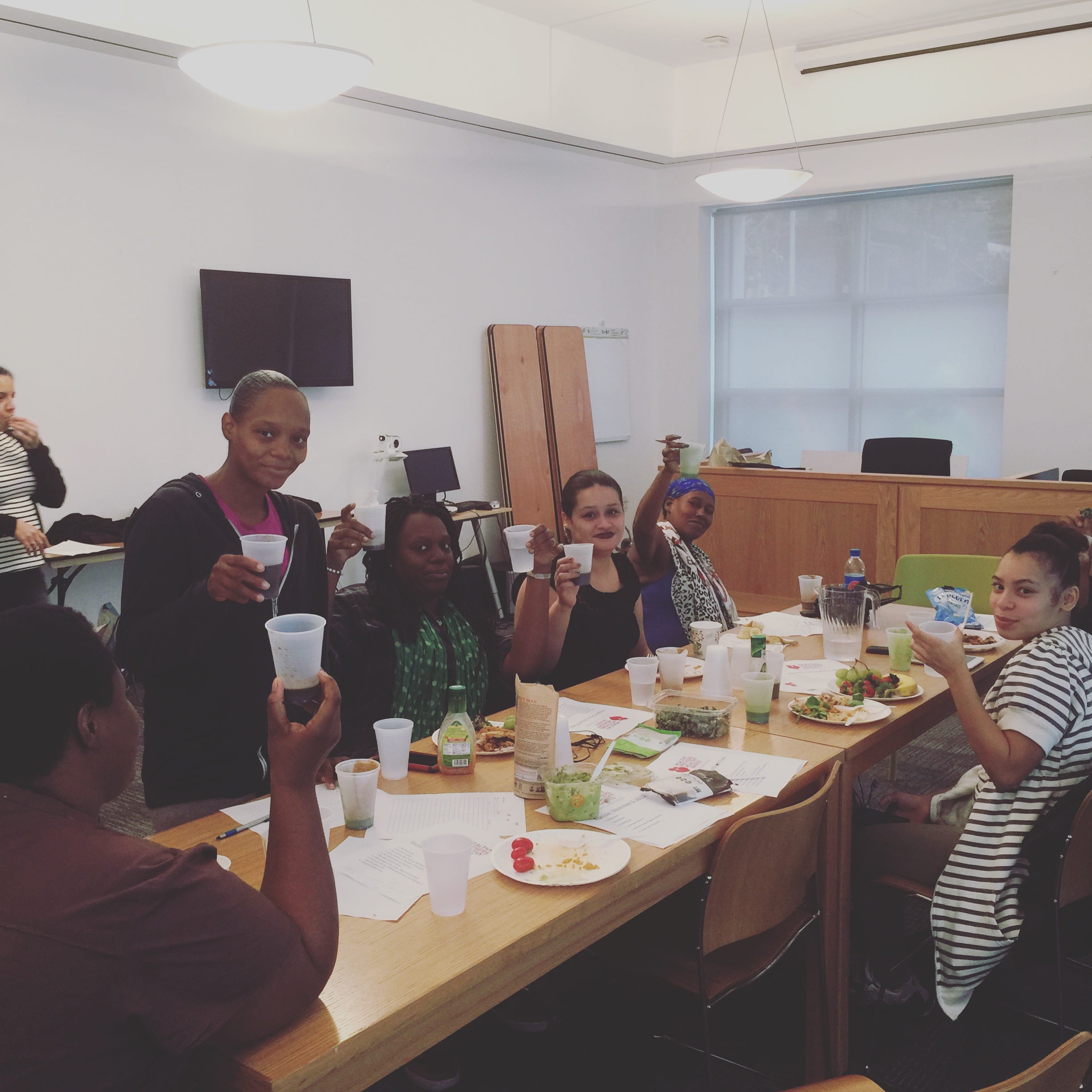
Ancient Song Doula Services
The Pregnancy Kitchen is a six week program that seeks to educate & empower pregnant women around their food choices. Learn hands on about food justice, preparing healthy culturally relevant meals, navigating food deserts, and more. Visit online at Ancientsongdoulaservices.com.
Letter from the President
Laurie Foster, CNM, MS
As I reflect back on my years at FAM, the word that characterizes what motivates me most in our work is dedication. I am constantly inspired by the dedication of all of the wonderful people working on the projects we support, and also by the time and energy given by our board members and executive director. Every person involved in the work of FAM, including all of our wonderful donors, is deeply dedicated to mothers, babies and families, to their wellbeing and to healthy positive birth experiences that set the stage for healthy families in the future. We thank you all.
This year we have been regenerating on two fronts. First we are altering the Birth Trust voting process to be a simpler and more satisfying process for our Trustees, as described above. Second our board is changing as we sadly say goodbye to some amazing board members and welcome equally amazing new members to our crew.
Fond goodbye and many, many thanks to Maggie Bennett, BJ Mackinnon, and Nile Nash for all they have given to the Foundation and to our grantees. All three remain close FAM friends and are still supporting the cause.
And welcome to our four fabulous new board members, all of whom have joined in the past two years:
Kirsten Kowalski Lane CNM, CPM – Kirsten started working as a CPM attending homebirths in Western MA in 2006. In 2015 she graduated from Yale’s School of Midwifery as a CNM and now works at a busy birthing center in Danbury CT. Kirsten has also been a small business owner. She lives with her husband and two amazing children in Northampton, MA.
Vicki Hedley, CPM, CM – Vicki is the mother of five children and one grandchild, born into her hands in October of 2012. She has been attending births since 1996, first as a doula, doula trainer, and childbirth educator and since 2008 as a CPM when she graduated from the National College of Midwifery. Before becoming a midwife, Vicki had a private accounting practice for sixteen years, midwifing her clients through the stresses of finances and taxes. She is the treasurer of MANA and lives in New Jersey.
Justine Hinderliter, JD – Justine is our newest board member, having joined just this summer. She is a lawyer and works as the Deputy Director of Human Services for the City and County of San Francisco. She had midwifery attended homebirths for both of her two children and is also a trained doula.
Lauren Buckley Miller, birth doula and massage therapist – Lauren is a doula and massage therapist in San Francisco. She has been attending births since 2007 and practicing massage therapy since 2008. She is presently finishing her CPM education through the National Midwifery Institute.
Meet the rest of the crew:
Tamara Wrenn – Tamara is now in her second year as FAM’s ED, having served on board for 3 years before that. Priya Morganstern, JD is the longest standing member of the FAM board and has served the board in every capacity including legal advisor. Zoe Livingston is a graduate of Bates College in Psychology and a trained doula. She has been our beloved note taker and administrative assistant to special projects for the past year.
It is my pleasure to work with an amazing group of women as equally dedicated to FAM’s mission as I am.
Laurie Foster, CNM, FAM President, member of the Board since 2010.
